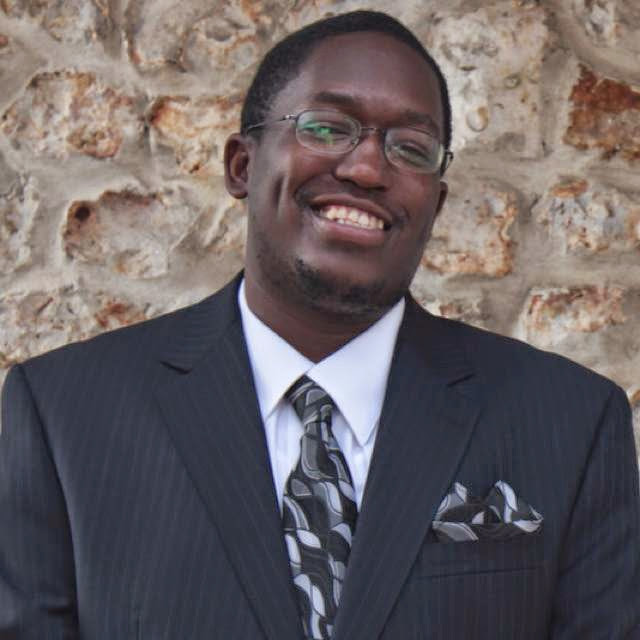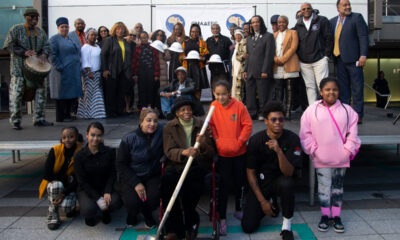Business
Business Spotlight on We Define IT

By Akosua K. Albritton
Osayande Angaza is CEO and Lead Consultant for We Define IT, a managed technology services organization that started operations in 2007. It is headquartered in Brooklyn, NY and has clients located throughout the United States, Canada, Bermuda and Jamaica. The customer base includes schools, churches, law firms and households.
The business accomplishes serving its clientele through remote access. “Ninety-five (95%) percent of our work is done remotely. We give 24/7 service coverage across time zones,” explains Angaza. This technology company offers computer equipment, ongoing maintenance, professional computer security against viruses and malware and cloud backup. The current lethal attacker of computers and handheld devices is ransomware.
“How ransomware operates is by disguising itself as e-mail. Someone will unwittingly open the mail, then the PC is held hostage by encrypting all files on the PC. The ransom fee will be either in the form of BitCoin (a cryptocurrency) or some prepaid card. Some cards can be loaded up to $500 to $1,000. Some ransomware attackers have been able to get $20,000 from hospitals and even Fedex.”
We Define IT has software that can circumvent the hostile takeover. If this company can install its proprietary malware and virus protection into clients’ computer systems before the attack, recovery involves restoring to the last backup and “taking a signature”. This means taking a piece of the virus and inputting it into the company’s database. Like other malicious software, ransomware is frequently being rewritten.
The reality of remote servicing reduces the firm’s costs and makes its billing affordable to its business, institutional and residential clients. The firm does on-site work as well.
The proprietary software also guards against objectionable websites. The PCs have parental controls. However, there is a tendency for teens and young adults to know more about technology than their parents. This knowledge difference can serve as a healthy challenge to parents to get current on handheld devices and computers.
We Define IT is a company of ten people. The CEO stays in the teaching mode because people will be with the organization to learn and improve skill sets. Later, many move on to other jobs. It appears the CEO is amenable to the change in staffing. At the time of this interview, three to four staff members were being trained and attending NYC College of Technology.
Rather than hire computer geeks that must be taught customer service, they hire people with “people skills” already and then train them in the technology. Angaza’s hiring rationale is that he wants “his team to think of the customers as your mother”. This approach engenders rapport. Further, this business will help customers to master word processing, desktop publishing and database management. “Most people don’t have the experience that We Define IT gives to our customers.”
Angaza is looking at the bottom line as well. His small business clientele ranges from a company of one to 1,000, though “most fall within 100 seats or less. The key product offered is Proactive Maintenance. As the name suggests, this business does not wait for clients to call about a system horror. Rather, the product searches for big and small glitches in operation and then fixes them. Discounts are offered to nonprofits, religious and educational institutions. So, it appears We Define IT seeks a balance between business viability and capacity-building for the community”.
The conversation closed by discussing the concept of The Internet of Things (IOT) and suggested career focuses. IOT is the fact that the Internet is not only accessed via PCs and handheld devices but through prescription bottle caps, stoves, refrigerators and televisions. Cyber security is needed due to the invasive technology found in these household appliances. For example, televisions can monitor rooms though it has been turned off. A bottle cap can count the number of turns to open and close it. Angaza suggests that people develop applications for the Web, cyber and mobile devices as well as the customer support.












